 |
| Chairman of the European Chamber of Commerce in Vietnam (EuroCham) Gabor Fluit. (Photo: NVCC) |
How do you evaluate the effectiveness of EVFTA after three years?
August 1, 2023 is an important milestone, marking three years since the Vietnam-EU Free Trade Agreement (EVFTA) came into effect. This FTA has been a strong link, bringing many positive results to both sides.
Since August 2020, the EVFTA has facilitated trade growth between the two sides, despite the Covid-19 pandemic. Over the past three years, bilateral trade has continuously expanded, bringing significant economic benefits.
From August 2020 to June 2023, the total trade value under this agreement reached nearly 130 billion USD. In 2022, two-way trade turnover stood at 66.8 billion USD.
The EU has seen an increase in exports to Vietnam in various sectors such as machinery, automobiles, pharmaceuticals, chemicals and consumer goods. Vietnam’s exports such as electronics, textiles, footwear, agricultural products and seafood have also grown impressively in the 27-member bloc market.
According to data from the European Statistical Office (Eurostat), Vietnamese goods currently account for 1.8% of the EU's total import turnover, surpassing regional countries such as Malaysia (1.2%), Thailand (0.9%), Indonesia (0.7%) and Singapore (0.7%).
Currently, the EU is Vietnam's second largest export market, but we see that the EVFTA can do much more and still has untapped potential.
In the context of the ongoing EVFTA tariff reduction and continued promotion of trade and investment between the two sides; we need to resolve all barriers (on technical trade and special consumption tax) to fully exploit this historic agreement.
According to the results of the EuroCham Business Confidence Index (BCI) for the second quarter of 2023, half of the businesses surveyed benefited from the EVFTA. Of these, 35% of businesses benefited from tariff reductions. So what advantages can European businesses take advantage of when doing business in the Vietnamese market?
Thanks to EVFTA, businesses on both sides have gained significant advantages, such as tariff reduction. By gradually eliminating tariffs over 10 years from 2020, EVFTA opens up huge opportunities for Vietnamese businesses to access the EU market and vice versa. This is the clearest evidence of the benefits that this FTA brings to European businesses.
Also according to BCI Q2/2023, the second and third most important benefits of the EVFTA are better access to the Vietnamese market and helping businesses increase their competitiveness in this country. European businesses seize the opportunity to diversify their services when doing business in Vietnam. In the next seven years, as tariffs continue to fall, European businesses can “reap” additional benefits, especially in areas such as electrical equipment, medicine, etc.
| Besides the EVFTA, Vietnam has an attractive investment environment. With its strategic geographical location and large FTA “map”, this Southeast Asian country is an ideal destination to become an export-oriented manufacturing hub. |
In my opinion, besides this FTA, Vietnam has an attractive investment environment, is a country with a fast economic growth rate and possesses a young, skilled workforce, ready to support economic development.
In addition, with its strategic geographical location and large FTA “map”, Vietnam is an ideal destination to become an export-oriented manufacturing hub, and furthermore, it possesses abundant natural resources and agricultural potential that lay the foundation for strong export prospects in many industries.
What are the current challenges that European businesses face when doing business in the Vietnamese market, sir?
While the EVFTA offers promising prospects for cooperation, European businesses still face challenges that prevent them from fully exploiting the agreement’s potential. EuroCham’s BCI Q2/2023 highlights some of the key obstacles.
Firstly , Vietnam has made efforts to simplify administrative procedures, but EU businesses still face difficulties. Increasing transparency and efficiency in these processes is crucial to speed up the process of trade facilitation.
Second, some European businesses do not fully understand the agreement. This knowledge gap causes businesses to miss out on valuable cooperation prospects. A clear understanding of the agreement would allow European investors to fully exploit the huge potential of this FTA.
Third, infrastructure that does not match business needs is another barrier, as seen in June 2023 in some northern provinces of Vietnam. Capacity expansion, especially in renewable energy, is crucial for continued economic growth. In addition, upgrading roads, railways, ports and airports is also key to smooth business operations.
Despite the above challenges, European businesses remain optimistic about the prospects of the EVFTA.
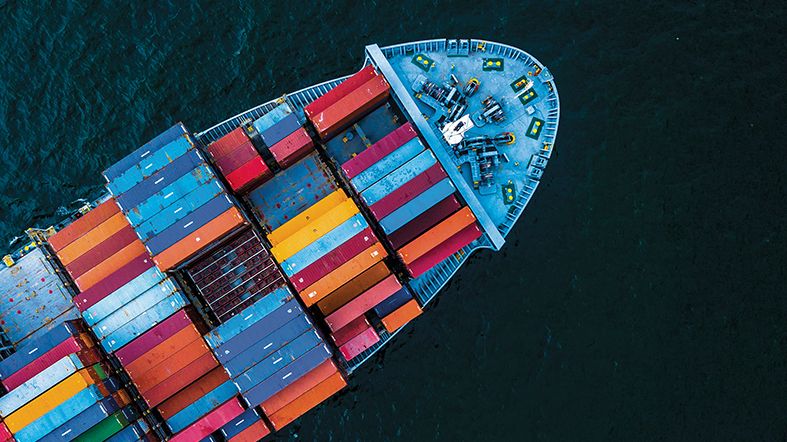 |
| Vietnamese businesses need to improve their understanding of EVFTA commitments. (Source: Gulf News) |
What advice do you have for European and Vietnamese businesses to fully exploit the benefits of the EVFTA?
For Vietnamese businesses, the top priority is to strictly comply with the terms of the agreement and export procedures through government guidance. At the same time, improve understanding of EVFTA commitments.
Raising production and service standards is also essential for Vietnamese businesses to meet the high demands of the EU market on quality, safety and sustainability. To remain competitive, businesses must keep up with the preferences and priorities of European consumers.
Furthermore, partnerships with European companies can provide invaluable knowledge transfer and supply chain integration opportunities. The EuroCham Green Economy Forum, scheduled for 2 November, will provide an important networking platform to share green best practices, boost exports and engage EU consumers.
For European companies, close cooperation with Vietnamese government agencies and industry partners is essential. The European side needs to provide feedback on issues that need to be addressed and jointly find solutions to foster a more transparent, efficient and conducive trading environment.
European investors should prioritize partnerships, joint ventures and relationships with Vietnamese businesses. This helps to integrate knowledge of the localities where European businesses want to learn and invest. In addition, building understanding and trust between EU investors and Vietnamese businesses creates conditions for long-term cooperation.
How do you assess the situation of attracting foreign direct investment (FDI) into Vietnam after 3 years of implementing EVFTA? What does Vietnam need to improve to welcome more European investors?
The delay in ratifying the EU-Vietnam Investment Protection Agreement (EVIPA) by all EU member states has adversely affected investment flows. The agreement is designed to complement the EVFTA by providing investment protection between the two parties. The EVIPA acts as a safeguard for investments by ensuring fair treatment for European investors in Vietnam, creating a level playing field.
However, the EVIPA requires dual ratification – from both the European Parliament (EP) and each of the 27 EU member states. Currently, only about half of the EU countries have ratified the agreement.
According to the BCI Q2/2023, more than 80% of surveyed enterprises face difficulties in securing visas and work permits for foreign workers. These constraints affect the development of skills that are important for FDI and the competitiveness of the workforce. Vietnam needs to address labor mobility constraints to fully utilize the EVFTA to attract FDI from Europe and transfer related knowledge.
At the same time, administrative barriers such as difficulties in obtaining necessary licenses and approvals for investment projects also discourage investors and cause delays.
In addition, developing Vietnam’s human resources through education, vocational training and workforce skills development will be a great opportunity. Enhancing the talent pool will allow Vietnam to effectively deploy and absorb more European FDI, promoting sustainable growth.
Significant investment in human resource development will make Vietnam much more attractive to investors looking for competent workers and long-term partnerships.
Vietnam’s economy, which relies heavily on manufacturing and exports, is being hit hard by the global downturn. So how should Vietnam take advantage of the EVFTA to improve its export situation?
To improve the export situation, in my opinion, Vietnam needs to raise awareness of the rules of origin. Lower tariffs are a favorable factor for businesses to export more to the EU.
The government could provide training and support, especially for businesses in key export sectors such as textiles, electronics and agriculture. This would help businesses meet EU standards and increase their competitiveness with their partners.
In addition, promoting high value-added manufacturing and exporting higher quality branded goods and services to the EU will help Vietnam’s exports stand out. Differentiation through innovation, unique brands and better quality will appeal to European consumers.
Facilitating partnerships between Vietnamese businesses and EU countries is key to integrating into European supply chains and distribution networks.
Tapping into existing business networks offers Vietnamese exporters the opportunity to significantly expand their access to the 27-member bloc’s markets. And the EVFTA provides the ideal framework to nurture these important business relationships.
At the same time, actively addressing European regulatory issues, improving transparency and simplifying trade procedures will make Vietnam much more attractive for EU manufacturing investment focusing on exports. A favorable, efficient and friendly business environment will bring significant capital and skills from Europe to Vietnam's export industries.
Above all, Vietnam should make full use of EU technical assistance and funding to modernise its customs and improve supply chain connectivity. Using this support will enhance Vietnam’s global export capacity and competitiveness.
Finally, demonstrating Vietnam’s commitment to sustainable trade practices, labor rights and environmental protection highlights the country’s responsible business practices towards the EU, which will encourage long-term export growth in the European market.
Source


![[Photo] Prime Minister Pham Minh Chinh receives President of Cuba's Latin American News Agency](/_next/image?url=https%3A%2F%2Fvphoto.vietnam.vn%2Fthumb%2F1200x675%2Fvietnam%2Fresource%2FIMAGE%2F2025%2F12%2F01%2F1764569497815_dsc-2890-jpg.webp&w=3840&q=75)




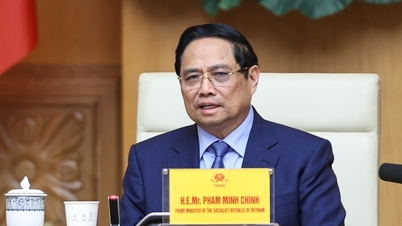

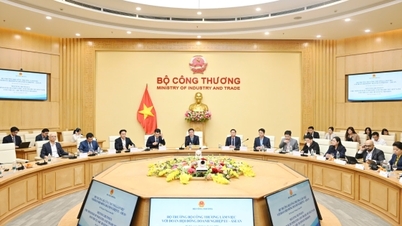
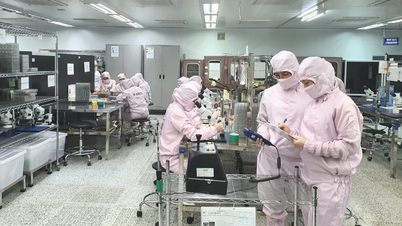

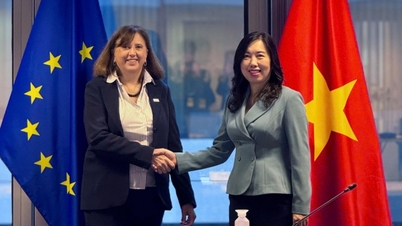
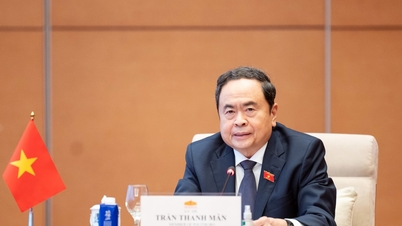

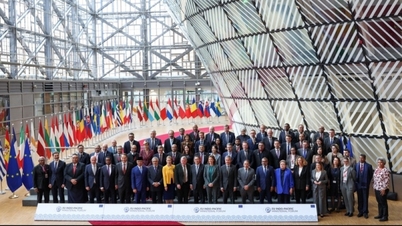


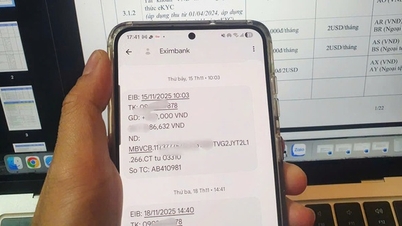

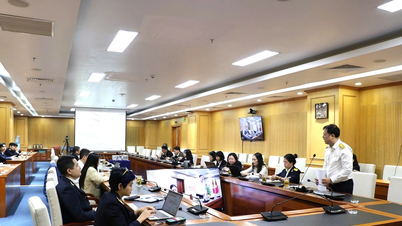

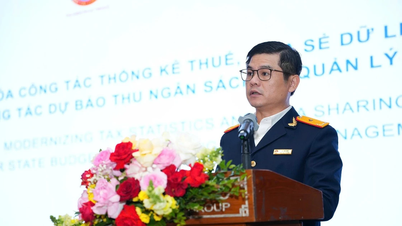
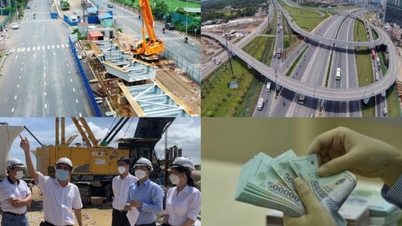





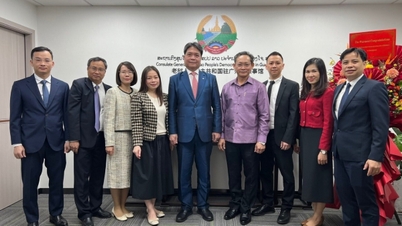
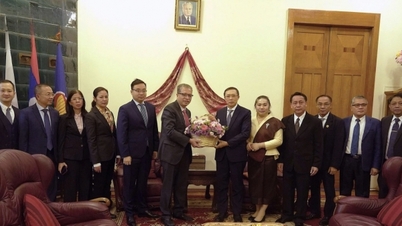
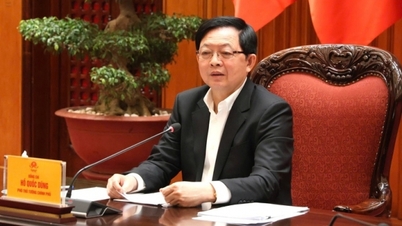
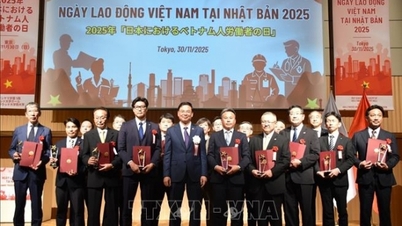
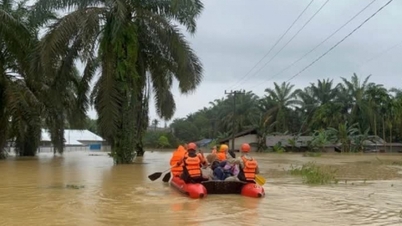
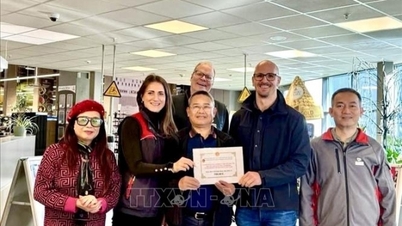








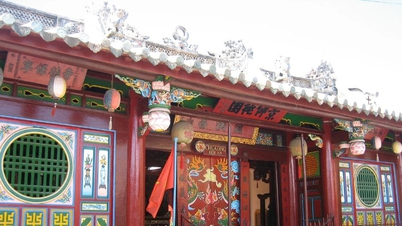

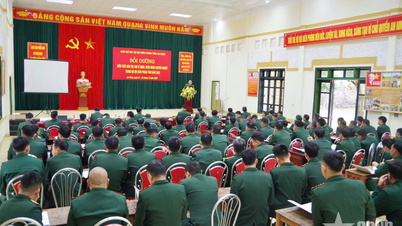



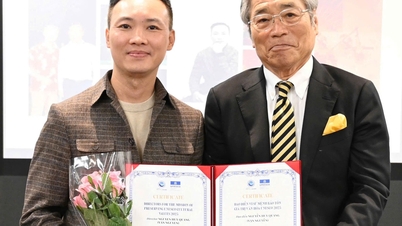

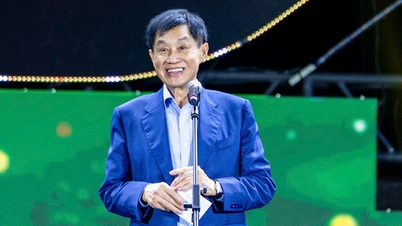



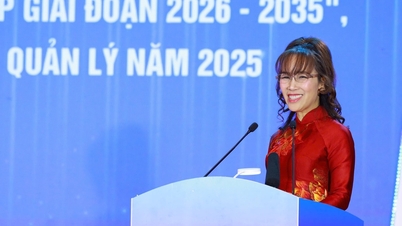

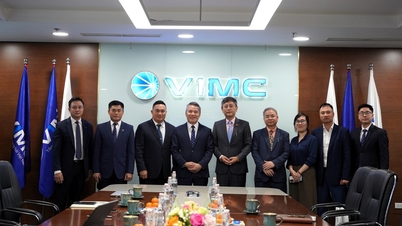


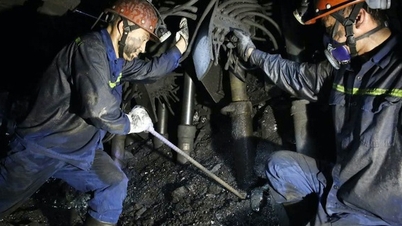


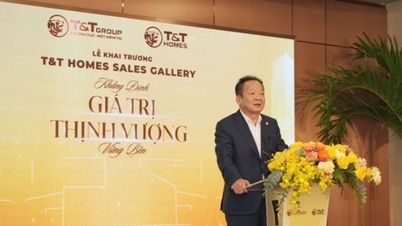















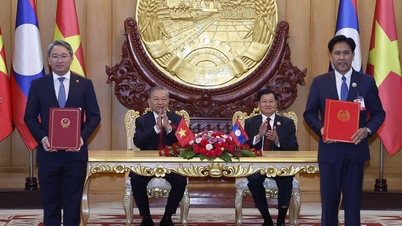
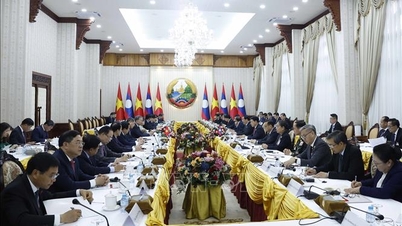



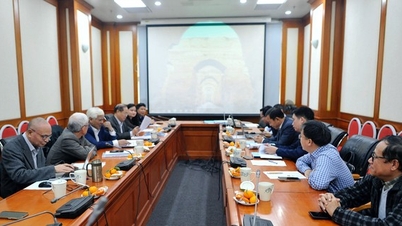
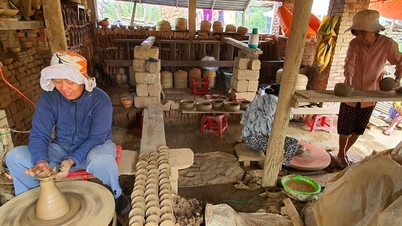

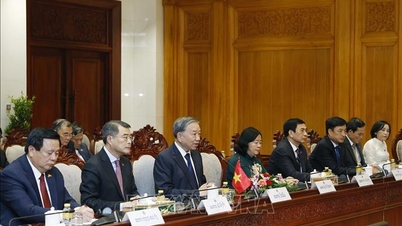


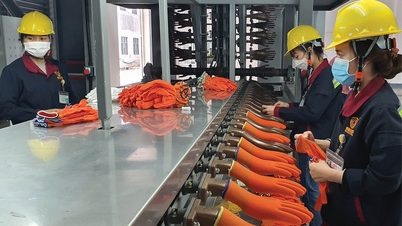




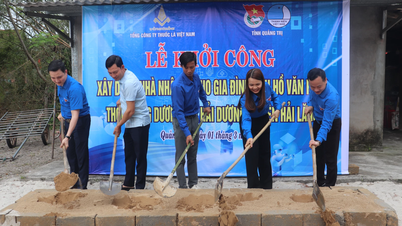

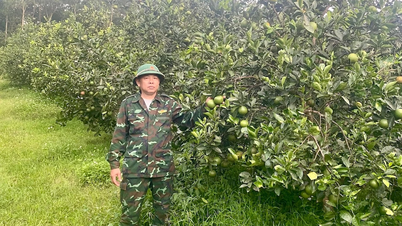













Comment (0)